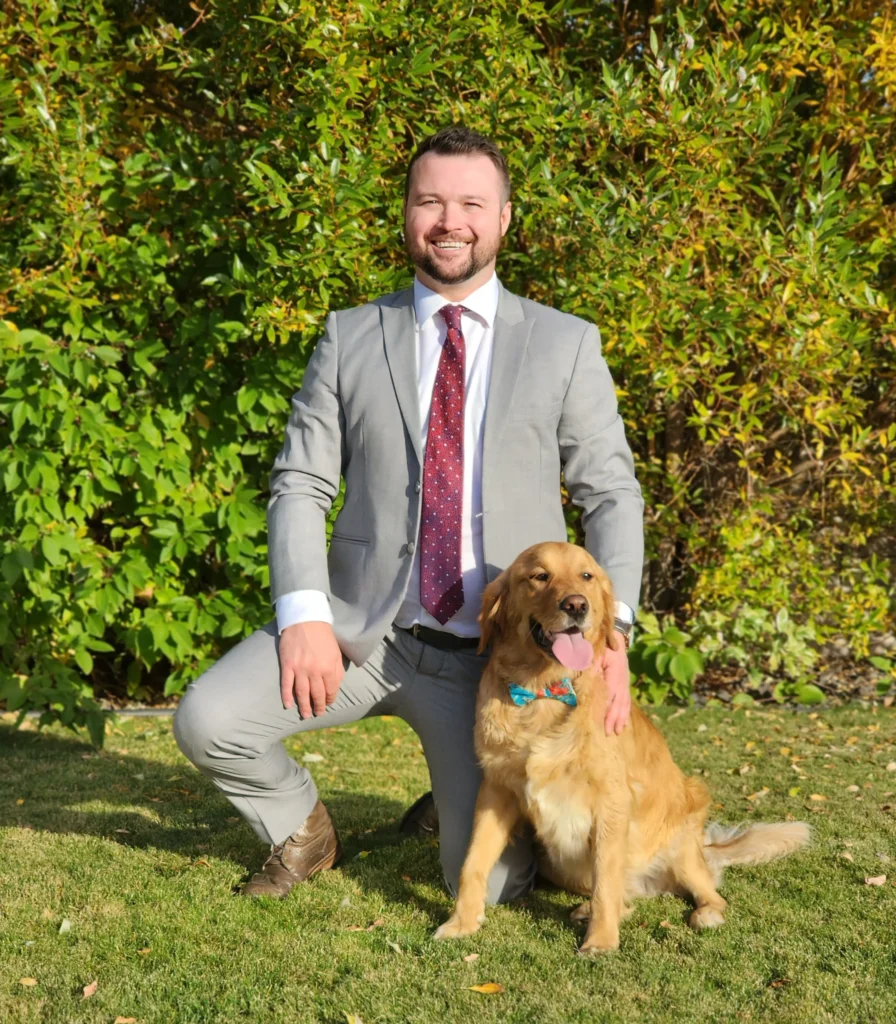In the ever-evolving world of modern medicine, figures like Jesse Leontowicz often occupy a curious space between admiration and scrutiny. Lauded by some for his academic insights and questioned by others for certain professional choices, Leontowicz’s story exemplifies the thin line that can exist between innovation and controversy.
The Academic Contributor
At the heart of Leontowicz’s career lies a commitment to medical education and advancement. Known in academic circles for his participation in research discussions and theoretical contributions, Jesse Leontowicz has been associated with promoting evidence-based practice and encouraging dialogue between clinicians and students. His teaching approach, marked by analytical precision and emphasis on critical thinking, has reportedly inspired a new generation of practitioners to view medicine not just as a science but as a lifelong learning process.
Leontowicz’s influence, in many ways, reflects the modern academic physician’s dual responsibility: to contribute to research while mentoring others. This role is not merely about sharing knowledge—it’s about shaping a culture of intellectual curiosity and ethical responsibility.
The Medical Misstep Debate
Yet, like many in the demanding field of healthcare, Jesse Leontowicz has also faced moments of controversy. Debates around his professional decisions have sparked discussions about how accountability and human error intersect in medical practice. While some critics point to these episodes as examples of systemic flaws, others argue they highlight the immense pressures faced by those in high-stakes environments where even a single misjudgment can have far-reaching implications.
In examining such cases, it is important to separate speculation from substantiated fact. The discussion about medical missteps should never overshadow the broader question: how can institutions learn from individual experiences to build safer and more transparent systems?
A Life of Dualities
The story of Jesse Leontowicz underscores the dual nature of many medical professionals’ lives—a tension between the pursuit of excellence and the inevitability of imperfection. Balancing clinical duties, academic research, and personal ethics is no small feat. For Leontowicz, this balance appears to have defined both his successes and his struggles.
Those who have followed his work recognize a professional deeply invested in advancing knowledge, even amid criticism. His trajectory invites reflection on how society perceives expertise: do we expect flawless figures, or are we willing to acknowledge that progress often emerges from imperfection?
The Larger Reflection
Ultimately, the narrative surrounding Jesse Leontowicz invites a broader examination of medicine itself. The field thrives on precision yet relies on human judgment; it demands compassion while operating within structures that can be unforgiving. Every practitioner, regardless of fame or reputation, must navigate this paradox.
Leontowicz’s journey—marked by both contribution and controversy—serves as a reminder that the medical profession is as much about resilience and learning as it is about success. His story, like that of many others, stands as an open chapter in the continuing conversation about ethics, accountability, and the evolving nature of care.
Conclusion
Whether viewed as a visionary educator or a figure of contention, Jesse Leontowicz embodies the complexities that define modern medicine. His dual life as an academic contributor and a subject of debate reflects the challenges faced by professionals who operate at the intersection of knowledge, ethics, and humanity. In the end, his legacy may not rest solely on accolades or missteps but on the enduring questions his story compels us to ask about the human side of medicine.

